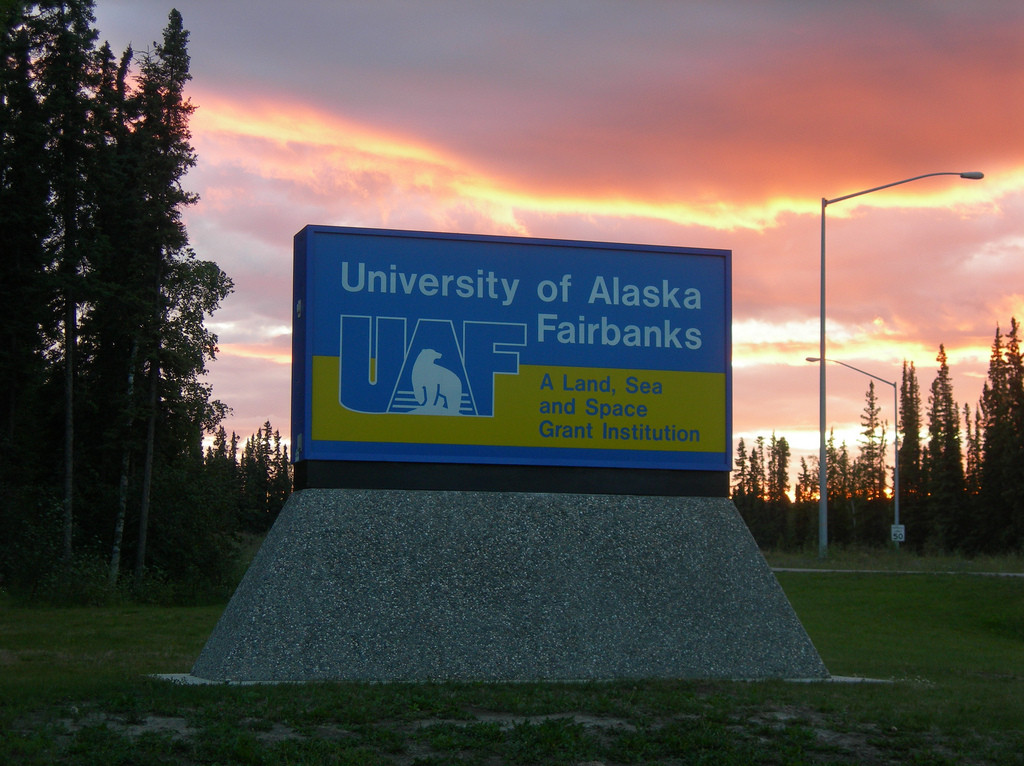
The University of Alaska Fairbanks violated its own policy regarding sexual misconduct cases between 2011 and 2014. University students responsible for rape and other sex crimes were not expelled or suspended during that time.
It’s unclear how far back the improper punishment goes, but UAF said it is committed to turning that culture around.
The University of Alaska Fairbanks has found five instances of sexual misconduct when proper student disciplinary actions did not take place. Three of those cases involved rape.
Mae Marsh is Title IX coordinator at UAF. Her office handles sexual misconduct complaints. She said not properly punishing sexual assault offenders in the past sent the wrong message to students.
“Our silence was acceptance in some ways, but now we’re going back and we’re correcting that and that’s why we’re going public with it because we’re breaking the silence. You’re not alone anymore. This is it. We’ve got a new standard on how things are going to be on our campus,” Marsh said.
Marsh joined UAF in 2012. UAF hired two investigators to look into sexual assault complaints in 2014. Prior to that, complaints were investigated by Residence Life staff, since most complaints took place in the dormitories. Formal sanctioning was the responsibility of the dean of students.
“It’s not just that one person failed to do something. It was an entire system,” Marsh said.
UAF took other measures against the students found responsible of sexual misconduct between 2011 and 2014, like not allowing them in dorms or on campus. All five cases also went through the criminal process with Fairbanks police and the district attorney.
For the victims, Marsh said UAF provided counseling, medical assistance and academic help.
In 2011, the U.S. Department of Education put all colleges and universities on alert that sex discrimination, including sexual violence and sexual harassment, is prohibited by Title IX laws. The University of Alaska system is in the middle of an audit by Department of Education for possible Title IX violations.
It’s taken a few years, but Marsh said UAF has set up a structure to handle and track sexual assault complaints.
“We have updated our policies, we’ve appointed coordinators, we’ve trained our professionals. We are in the process of installing a centralized tracking system. We had a huge awareness campaign that came out. We’ve trained all our employees. We’re implementing the climate surveys,” Marsh said.
Marsh hopes these things have helped students feel more comfortable reporting sexual misconduct.
In 2012, UAF had four reports of sexual misconduct. Last school year, there were 44. Those numbers are still low compared to national averages which show one in five females experience sexual assault while in college.
Of those 44 reports last school year, four involved rape. One case has been investigated and the perpetrator is awaiting school sanctioning. The other three cases involve one alleged perpetrator and are still being investigated. The two men in these cases have been arrested.
Marsh says UAF is in the process of rectifying the old cases. She says UAF will be retroactively sanctioning the students found responsible for sexual misconduct with suspension or expulsions. They won’t be able to re-enroll at UAF.